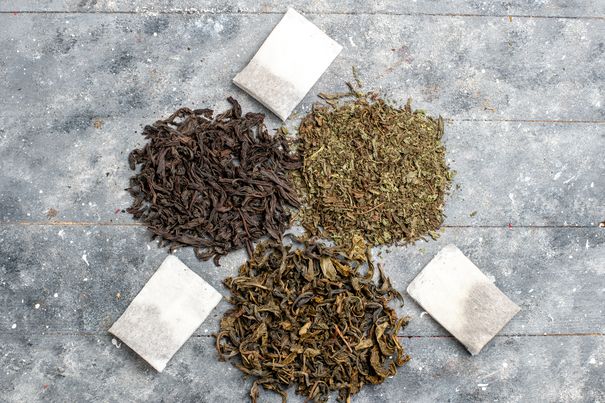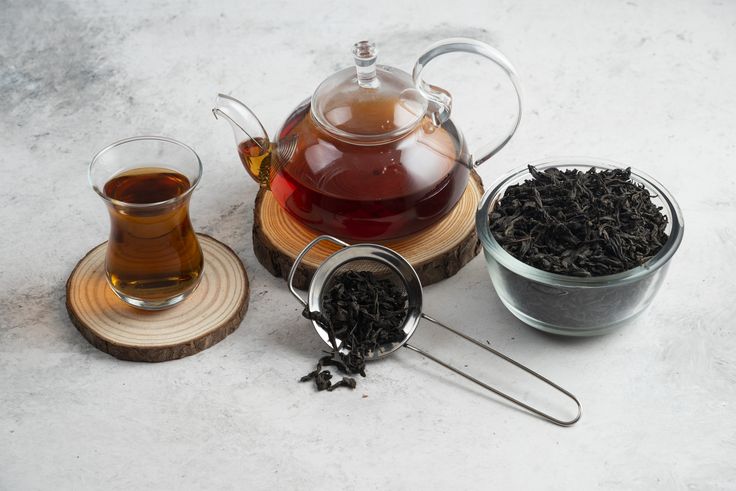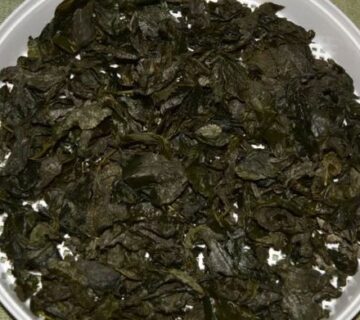The history of tea originates in China, where it is very common to grow, collect and breed different varieties of tea, the variety of which is difficult to list. Sometimes more than 400 varieties of tea are obtained from one plant species. The Chinese have achieved such a variety of tea leaves by processing them using different methods. The result is the emergence of bouquets of different taste and aroma qualities, each unique in its kind.
The most common classification of tea in the world is by the degree of its fermentation. They are divided into three types: slightly fermented, semi-fermented and fermented.
Tea is fermented by oxidation of tea leaves, spontaneously or controlled. And also bacteria are used in the oxidation of the leaves, the so-called natural oxidation.

The benefits of fermented tea
There is no caffeine in fermented tea. All components in it are natural, and therefore useful. This kind of tea has soothing properties, restores strength, helps with metabolism and is used for various diseases of the body. It is very useful in the prevention of cancer.
It has long been known that herbal teas are very useful for health and perfectly quench thirst. One of the most common types of fermented herbal tea is fireweed tea. This tea has a wonderful taste and aroma and medicinal properties. It contains a large amount of macro- and microelements necessary for the human body: iron, copper, manganese, calcium, potassium, sodium, vitamins B and C. The content of the latter (400 mg per 100 g) exceeds the amount of this vitamin in citrus fruits and black currants.
Cherry leaf tea improves blood circulation, increases hemoglobin level, saturates tissues and organs with oxygen. It normalizes heart muscle function, reduces the risk of blood clots and ischemia, is effective in case of anemia, frequent nosebleeds. Cherry leaves have antiseptic properties.
The dangers of fermented tea
It is advisable to say that such tea is not harmful to the body. There is a possibility of consequences, but only with individual intolerance.
However, you should not get too carried away, because in large quantities it can cause diarrhea. Pregnant or nursing mothers are advised to approach it with caution.









No comments